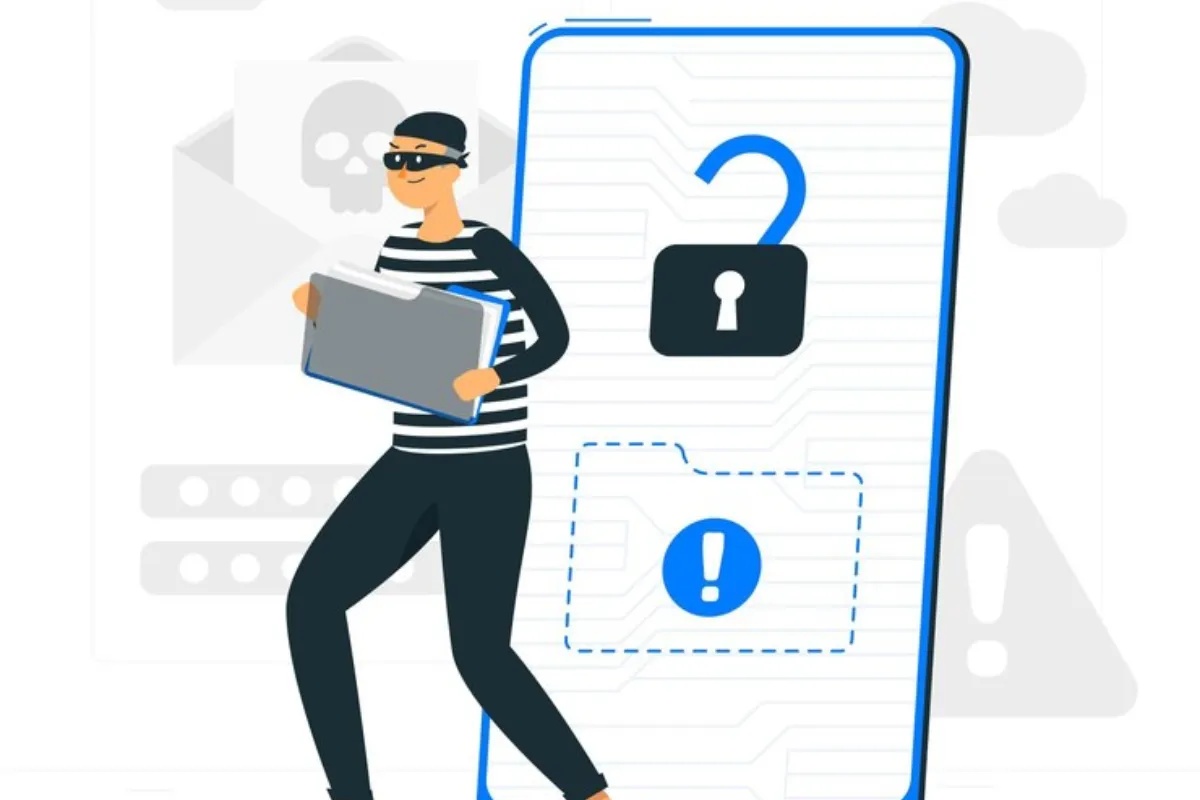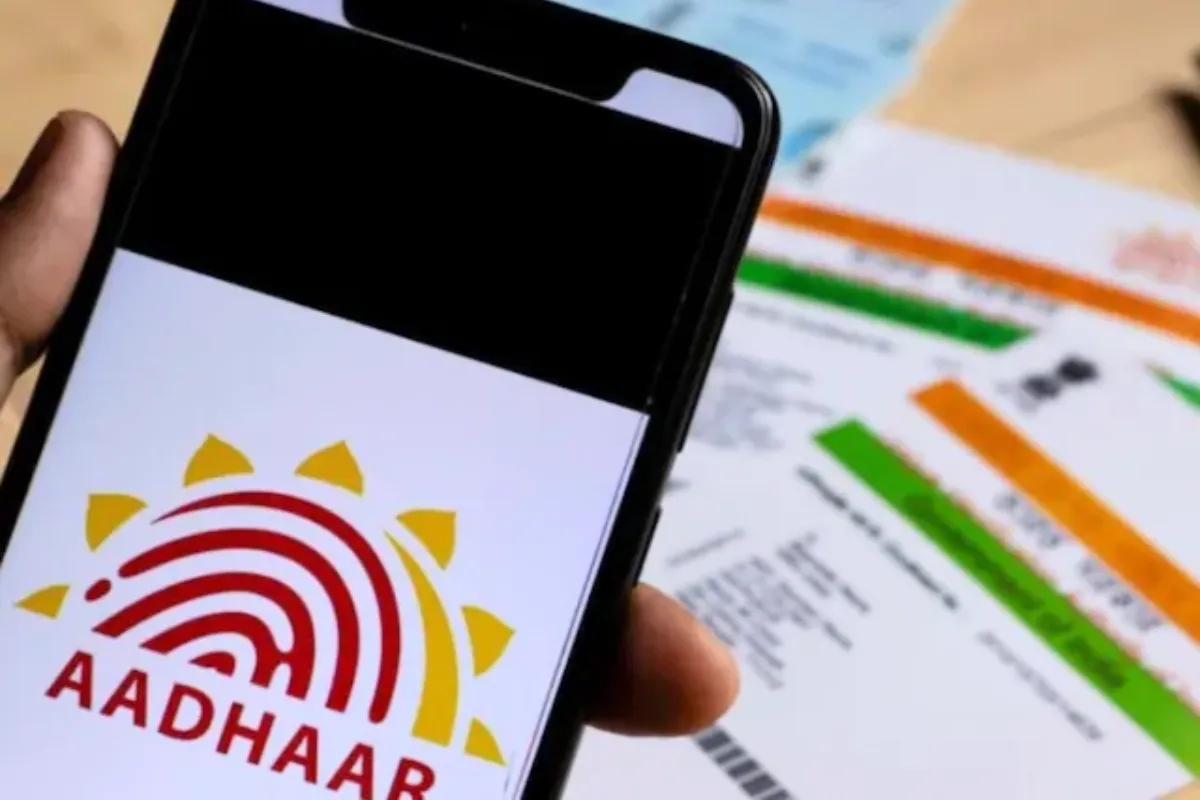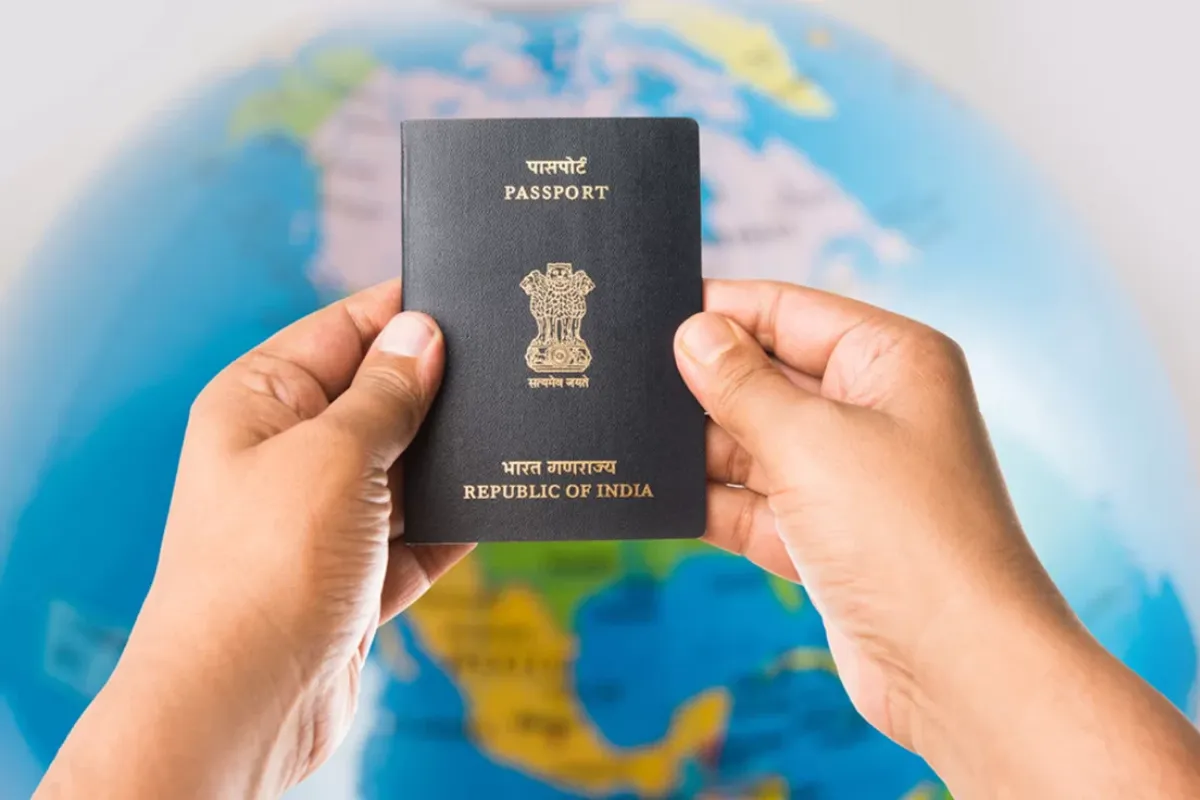Online Banking Fraud Alert: Online banking has become a convenient part of everyday life in India, but with its benefits comes the risk of fraud. From phishing scams to OTP thefts, fraudsters constantly develop new methods to deceive unsuspecting users. This doesn’t have to deter you from utilizing online banking; there are several precautions you can take to safeguard your hard-earned money.
Types of Banking Frauds
Before diving into protective measures, it’s important to understand some of the most common types of banking fraud you might encounter:
- Phishing Scams: Fraudsters send fake emails, text messages, or create fake websites designed to look like your bank, tricking you into sharing your login credentials and other sensitive information.
- OTP Scams: Scammers may call or message you, posing as bank representatives, and ask you to share a One-Time Password (OTP) to resolve a fake issue.
- Vishing and Smishing: Similar to phishing, but carried out via voice calls (vishing) or text messages (smishing).
- Malware and Skimming: Malware can be installed on your device to steal information, while skimming devices can be used at ATMs to capture your card details.
- Identity Theft: Scammers may gather your personal information to open new accounts or take out loans in your name.
How to Protect Yourself
Create Strong Passwords and Utilize Password Managers
Craft robust passwords comprising a mix of alphanumeric characters and symbols. Employ distinct passwords for each account and consider employing a password manager to generate and securely store complex passwords.
Implement Two-Factor Authentication (2FA)
Enhance your account security by implementing 2FA, which supplements traditional passwords with an additional layer of authentication such as OTPs, authentication apps, or biometrics.
Exercise Caution with Emails
Exercise caution when handling emails, as they are frequently utilized in phishing attempts. Refrain from clicking on attachments from unfamiliar or suspicious sources, and avoid disclosing personal or financial information via email.
Remain Skeptical of Calls and Messages
Exercise caution when receiving unsolicited calls or messages, as fraudsters may attempt to extract sensitive information. Refrain from divulging personal, financial, or OTP details to unknown parties.
Avoid Public Wi-Fi Networks
Exercise caution when conducting financial transactions over public Wi-Fi networks, as they pose security risks. Opt for secure networks or utilize Virtual Private Networks (VPNs) to safeguard your data.
Prioritise Software Updates
Regularly update your devices and applications to ensure optimal security. Enable automatic updates to promptly address any vulnerabilities and mitigate potential threats.
Activate Transaction Alerts
Stay vigilant by enabling transaction alerts to monitor all financial activities closely. Prompt notification of any suspicious transactions facilitates timely detection and response to fraudulent activity.
Safeguard Personal Information
Exercise discretion when sharing personal information, such as email IDs, phone numbers, birthdays, and Aadhaar numbers. Minimize the use of such details to mitigate the risk of identity theft.
Verify Banking Apps and Websites
Exercise diligence when accessing banking apps and websites to mitigate the risk of falling prey to fraudulent platforms. Verify the authenticity of the interface to avoid inadvertently disclosing sensitive information to scammers.
By following these simple yet effective safeguards, you can significantly reduce the risk of falling victim to online banking fraud and ensure a secure online banking experience. Remember, staying vigilant and informed are key to protecting your financial well-being.sharemore_vert












